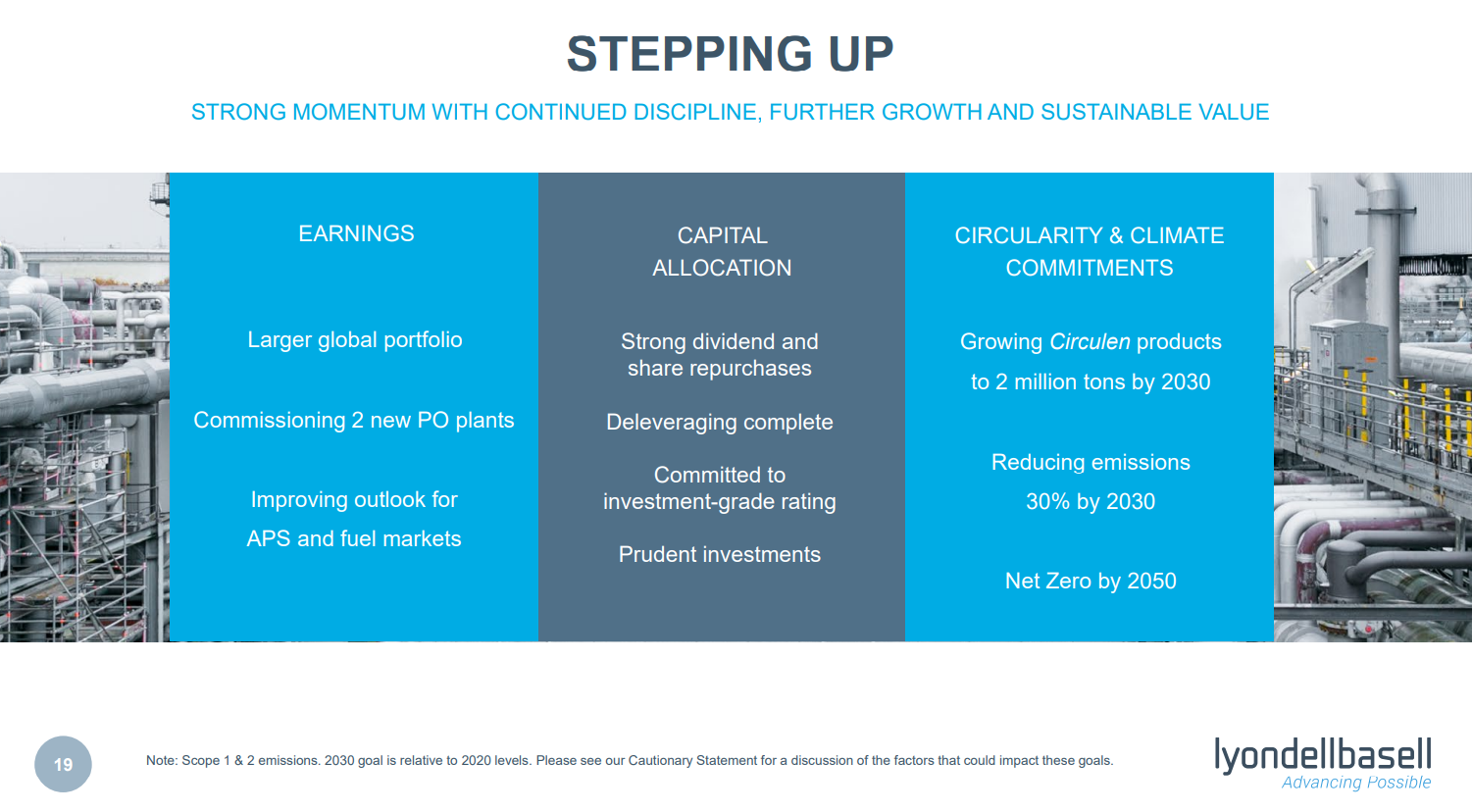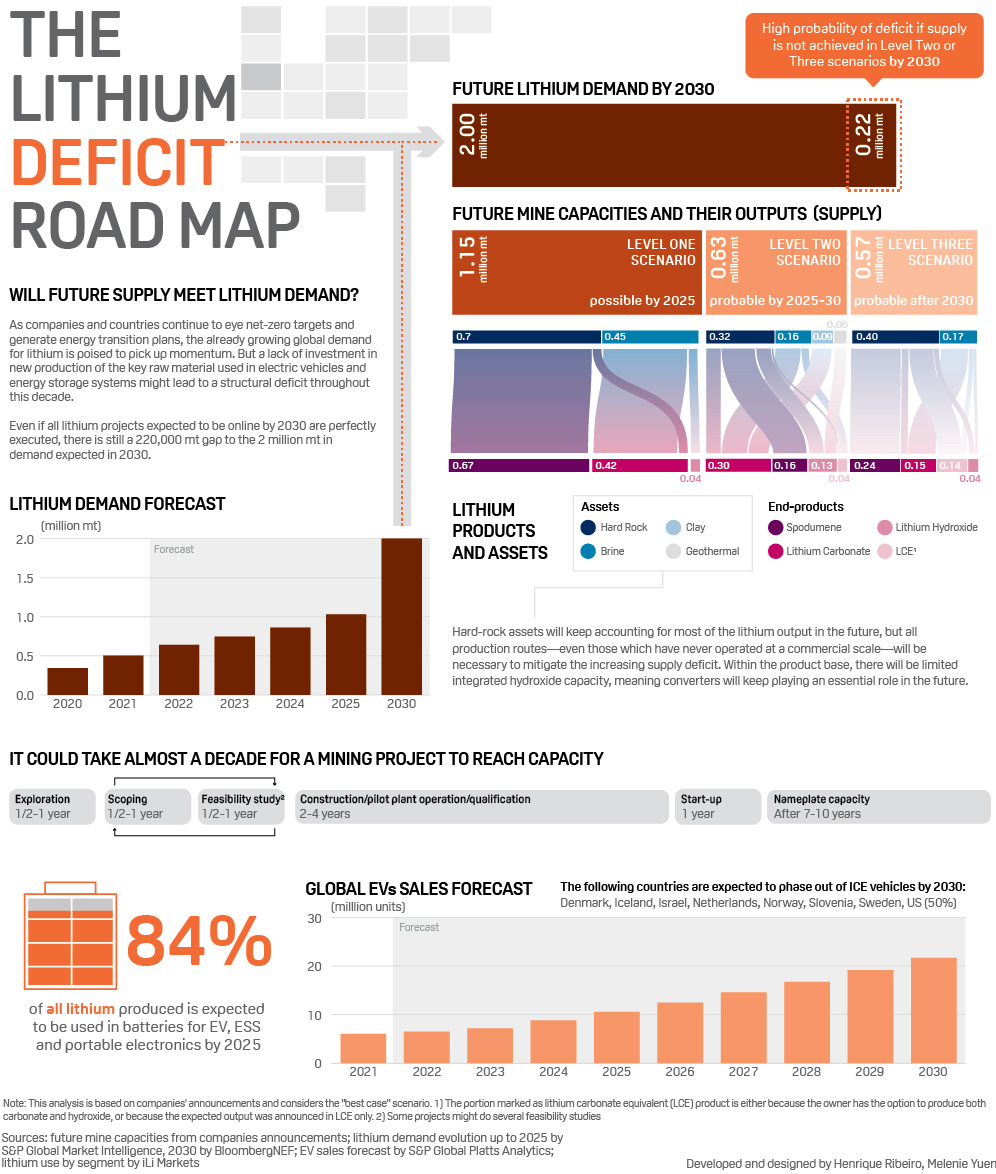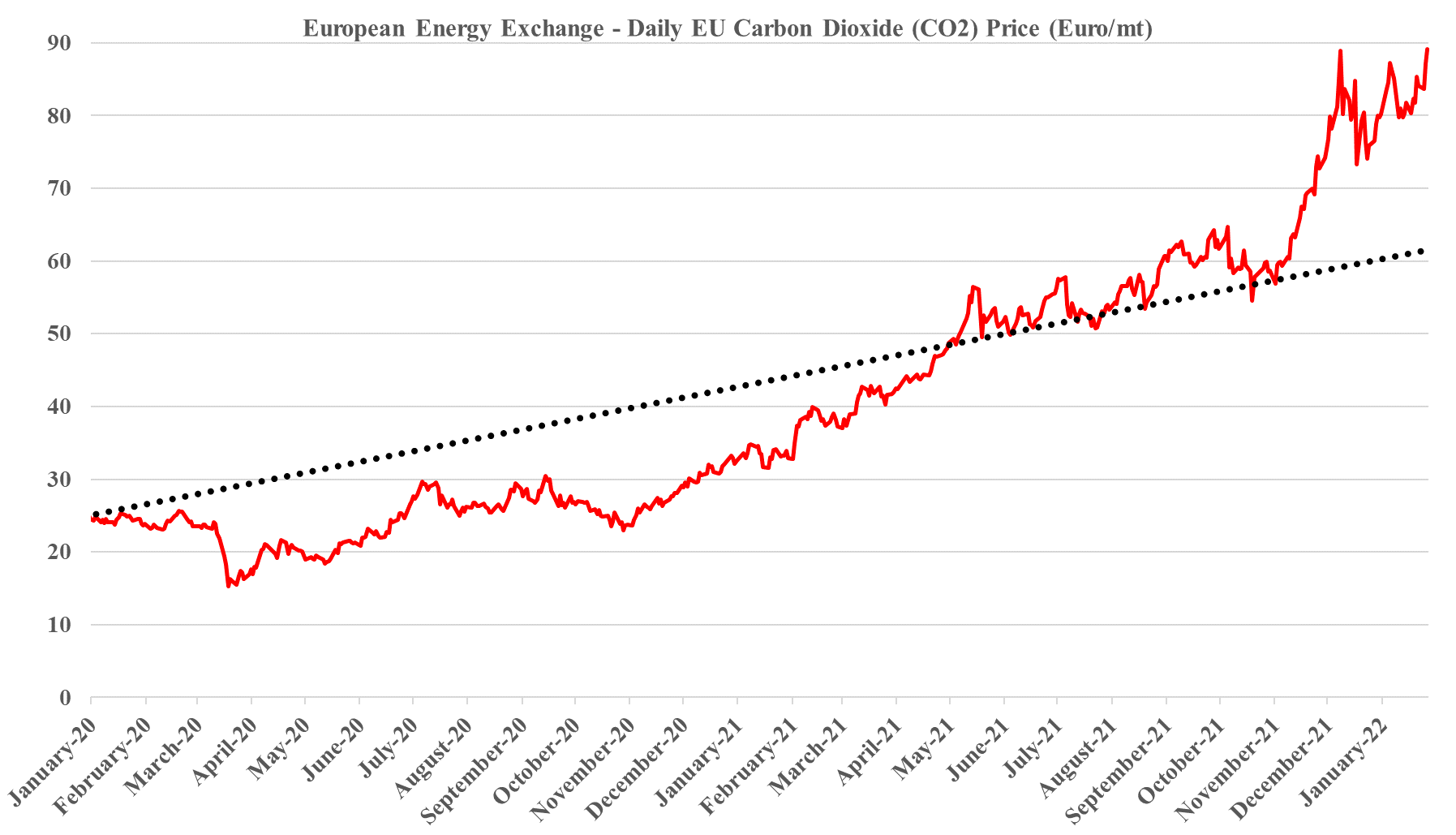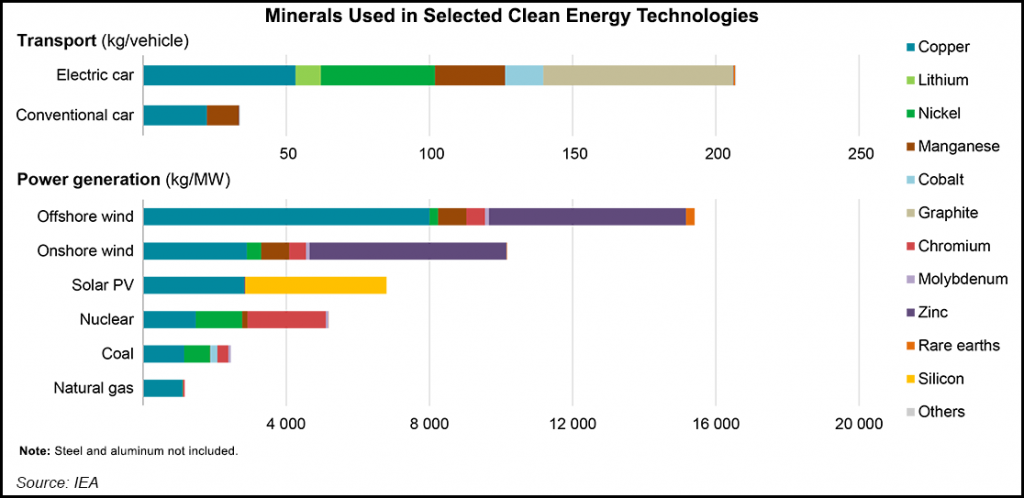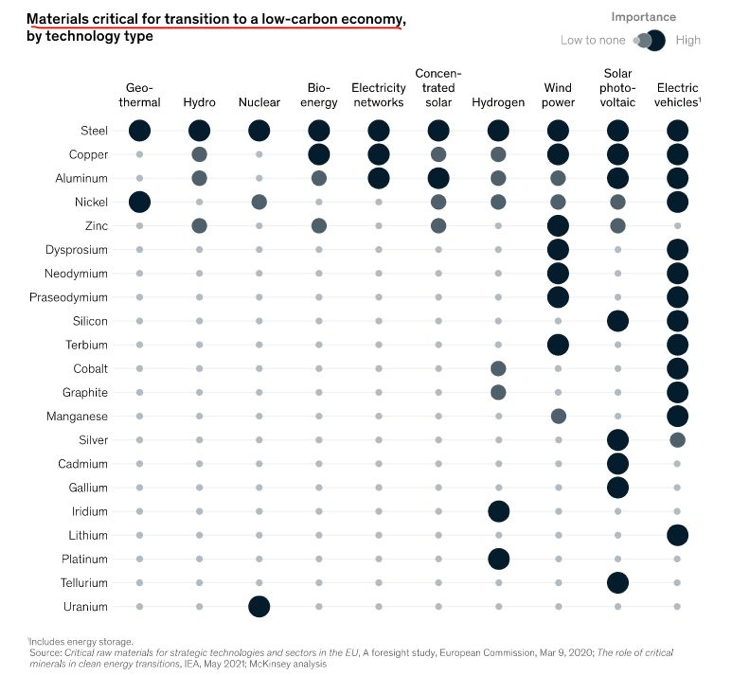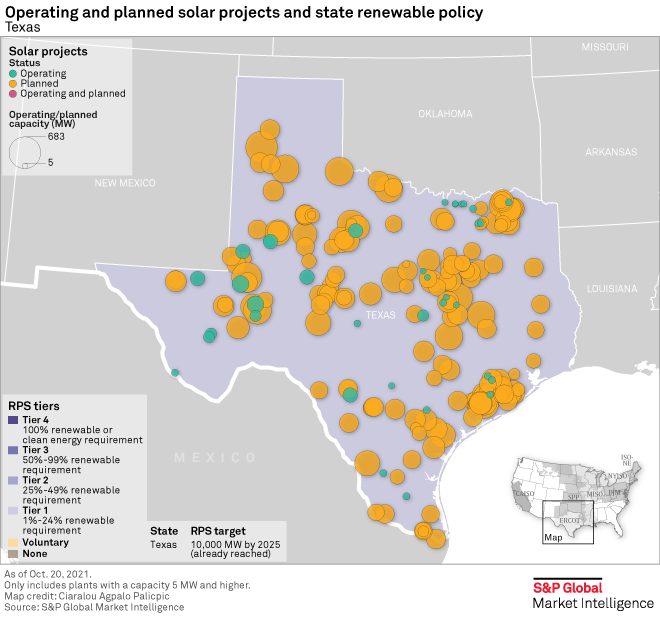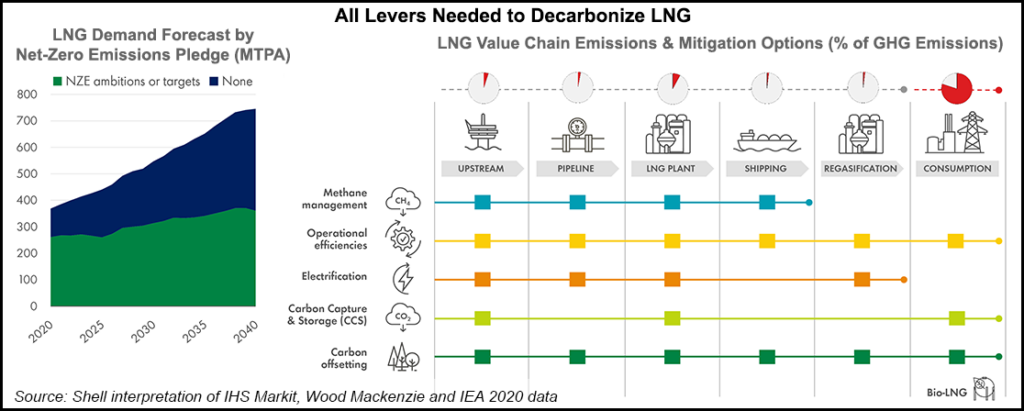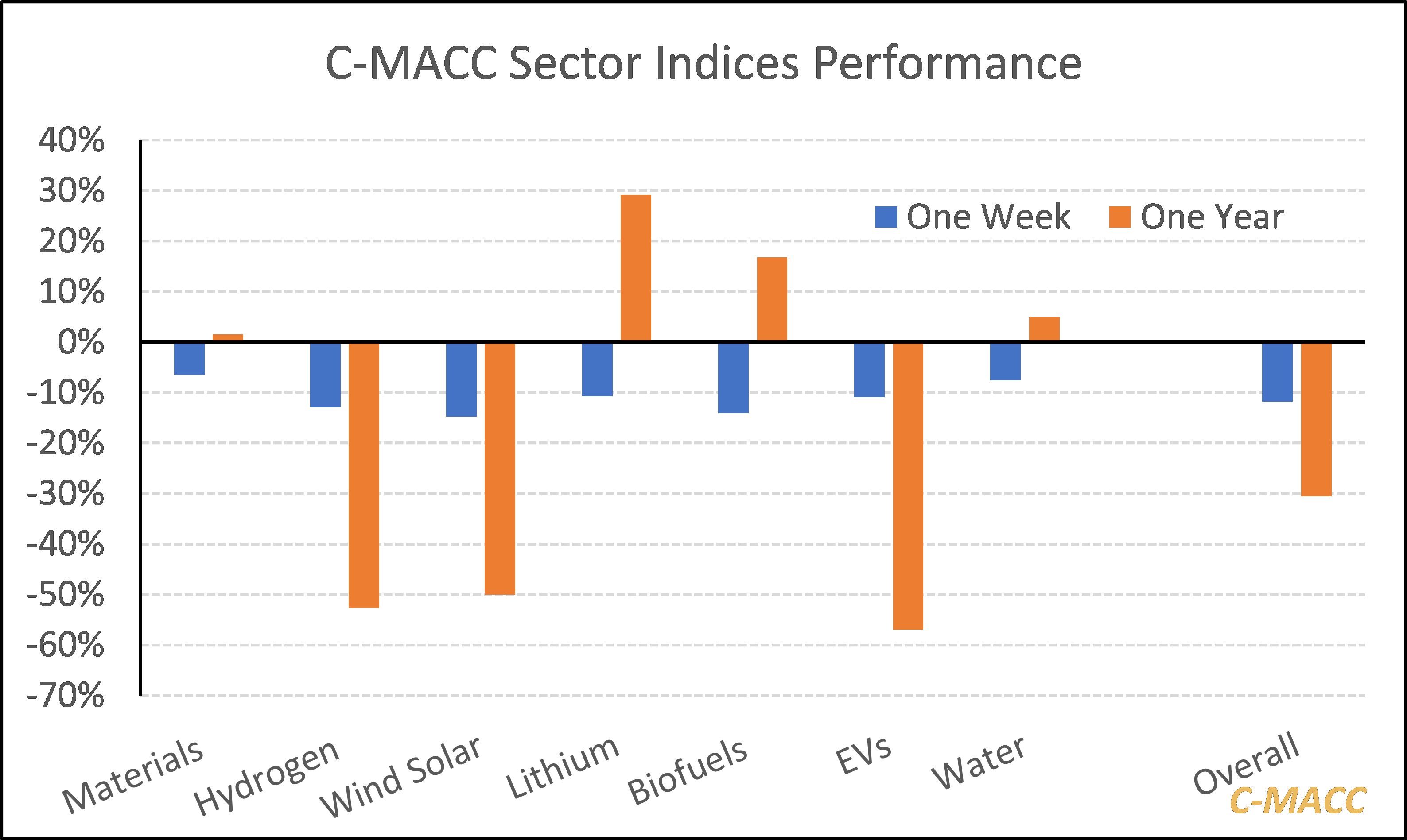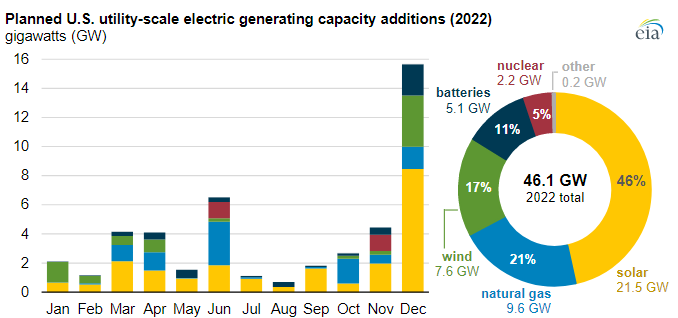2022 is the year in which the rubber will need to meet the road for many of the chemical and other material and industrial companies who have made 2030 emission pledges. In the Dow release yesterday, the company used the call as an opportunity to remind investors about the Canada investment and tie that into the 2030 emission goals. We note LyondellBasell’s 30% emission reduction goal by 2030 and like others, LyondellBasell will not be able to get there without substantial investment. LyondellBasell and others do not necessarily have to spend in 2022 (neither does Dow), but unless there are some concrete plans by the end of the year stakeholders will likely start to question whether the emission goals are real. We suspect that most companies are trying to work out whether investments in hydrogen (likely blue hydrogen because of the volumes needed) are a better solution than trying to capture CO2 from a natural gas furnace. Any large hydrogen investment with associated CCS will take 5-6 years from concept to production. Like Dow, we would expect others to focus emission-reduction investments in countries/states that have a clear value on CO2. See today's daily report for more.
Emission Pledges Will Need To Become Emission Investments Soon
Jan 28, 2022 3:35:32 PM / by Graham Copley posted in ESG, Hydrogen, Chemicals, Carbon Capture, Sustainability, CCS, Blue Hydrogen, CO2, Emission Goals, LyondellBasell, Chemical Industry, Dow, climate, materials, Investments, 2022
Lithium - Very Different Views Suggest Volatile Pricing
Jan 27, 2022 11:28:01 AM / by Graham Copley posted in ESG, Sustainability, supply and demand, Inflation, Lithium, climate, automakers, Lithium demand, lithium pricing, battery makers
In our EGS and Climate report yesterday - Lithium – A “Special” Commodity For Now – Adding To Inflation – we talked about the current spike in lithium pricing but at the same time talked about the likelihood of lithium moving from famine to feast over the next few years and the potential for significant price volatility. This is a product for which demand growth is very high but supply growth is also very high. There are also some very divergent views of supply-demand and we highlighted a view that was bearish for lithium in yesterday's piece and show a bullish one below. The automakers and battery makers want to promote the idea that lithium will remain in short supply, as they need to encourage as much investment in lithium production as possible. While the incumbents want to keep pace with growing customer demand, they would like to see fewer new plays and are naturally conflicted in what message they want to give. We foresee supply and demand falling in and out of balance several times over the next 10+ years.
No Carbon Price In The US: A Competitive Disadvantage!
Jan 26, 2022 2:11:28 PM / by Graham Copley posted in Climate Change, Methane, CCS, Energy, Carbon, Emissions, Carbon Price, carbon value, natural gas, carbon values, low carbon, methane leakage, carbon pricing, fuels, reshoring, oil and gas, pipeline emissions, low carbon materials
The linked Canada headline supports one of the themes that we have been highlighting for a while, which is that certainty around carbon pricing is likely to drive investment rather than discourage it. Canada, and specifically Alberta, has seen several new investments announced over the last few months because manufacturers can now add some certainty around carbon values to other advantages offered by the province, including cheap natural gas and what appears to be low-cost CCS opportunities. We are also seeing investments shape up in Europe – also to produce low carbon materials and fuels – and this is also driven by greater certainty around carbon value. The lack of a carbon price in the US is becoming a competitive disadvantage for the country and those opposing it in government are, in our view, very misguided. If China can develop a credible and broad carbon pricing mechanism, it will also likely gain investment dollars, possibly at the expense of the US. Not having a sound climate change and carbon value framework in the US is a major threat to many of the reshoring initiatives that US retailers and manufacturers would like to see.
As Solar Installations Disappoint, Natural Gas Demand Rises
Jan 25, 2022 1:39:27 PM / by Graham Copley posted in Commodities, Renewable Power, Materials Inflation, natural gas, solar, clean energy, energy transition, commodity prices, US natural gas, supply shortages, solar capacity, natural gas demand, solar installations, commodity index, solar modules, power supply, material cost inflation, US natural gas prices, minerals
A couple of things worth noting today that reflects our commodity index in today's daily report but also looks at some of the results below. The linked solar headline is confirmation of one of the topics that we have probably worn out over the last few months, which is that renewable power ambitions have not taken into account real limitations in the rate of equipment supply, especially solar modules. New forecasts suggest that the US expected installations of solar capacity could come in 25% short in 2022, which has implications for energy transition ambition, but also overall power supply as the shortfall will have to be made up elsewhere. It is not just a function of solar module availability but also solar module costs, because of some of the material cost inflation illustrated in exhibit 1 (see today's daily report). These shortfalls will have implications for natural gas demand in the US if it needs to fill the gap, and we have already noted that we think US natural gas prices could spike in 2022, much higher than we saw in 2021.
Another Illustration Of How Important Metals Are To Energy Transition
Jan 21, 2022 1:07:16 PM / by Graham Copley posted in ESG, Hydrogen, Sustainability, Renewable Power, Metals, Raw Materials, solar, renewable energy, wind, energy transition, Lithium, climate, advanced recycling, materials, low carbon, material shortages, low carbon economy, renewable power production
The materials chart in the exhibit below from today's daily report, is worth noting as it highlights all of the materials that are needed to advance the production of equipment required to drive renewable power production and demand. We would make one change to the chart in that lithium should also be added to the wind and solar categories to account for storage that needs to be built, although this could be done through hydrogen production or hydraulically, depending on location. One of our primary concerns concerning renewable power projections is the availability of some of these materials and we have written about the topic at length – most comprehensively in - 2022 – Policy Key, But Inflation Will Distract – Maybe Beneficially.
Renewable Projects: The Constraints Of Material Shortages
Jan 20, 2022 11:58:06 AM / by Graham Copley posted in ESG, Sustainability, Renewable Power, solar, renewable energy, climate, EIA, US natural gas, materials, energy inflation, material shortages, solar capacity, US natural gas demand, renewable capacity
We struggle with both of the charts below, as we see the rate of potential renewable additions as far too optimistic, not because of a lack of capital, but because of a lack of materials and the knock on effect that this could have on capital if project costs increase meaningfully or if timelines extend. The solar expansions planned for Texas for example all require solar modules and there is simply not enough capacity to make these modules and in many cases not enough raw materials. All of these projects are not planned for the same year, but regardless, when you add the Texas plans to plans all over the World, you have an annual rate of addition that the equipment makers will not be able to meet. Today, many of the projects are in the planning and financing stage and the installers have yet to go looking for equipment – when they do, they may have to rethink.
Could Cutting Emissions Give ExxonMobil A Competitive Edge?
Jan 19, 2022 2:11:51 PM / by Graham Copley posted in ESG, Hydrogen, Chemicals, Carbon Capture, Sustainability, LNG, Plastics, CCS, CO2, Renewable Power, Emissions, ExxonMobil, Net-Zero, carbon abatement, climate, carbon neutral hydrocarbons, Climate Goals
One piece of big news early this week was ExxonMobil’s announcement that it is developing plans that will drive net-zero emissions by 2050 and the company shared a detailed overview. We have picked some charts from the report, some of which can help us draw conclusions for ExxonMobil, but others are more general. The company is banking on a lot of emission reduction and CCS to get to the 2030 target and a large part of the goal is likely to come from the plans for the Permian and the previously stated net-zero target that the company has for 2030 – detail on how this will be achieved is shown in the Exhibit below, see more in today's ESG report.
Energy Is Going To Be A Real Challenge In 2022 Regardless
Jan 14, 2022 2:36:39 PM / by Graham Copley posted in ESG, Sustainability, LNG, Coal, Energy, decarbonization, IEA, natural gas, renewable energy, EV, climate, materials, decarbonize LNG, material shortages, transition fuel
The first chart below has been included in a similar form in prior work and is a good summary of what is needed to decarbonize the LNG market to the greatest degree possible. There is a lot of resistance to the idea of endorsing natural gas as a transition fuel, but so many developed and developing countries need natural gas – often in the form of LNG – to displace or avoid (additional) coal use. If the LNG industry does not start to pursue the paths suggested in the exhibit, and reasonably quickly, it will stand very little chance of winning, or perhaps surviving, a PR battle that is very much stacked against it.
Introducing C-MACC's ESG Stock Indices
Jan 12, 2022 1:23:09 PM / by Graham Copley posted in ESG, Hydrogen, Sustainability, climate, ESG Metrics, EVs, materials, water, stock index, stock evaluations
In last week's ESG & Climate report titled The Evolution Of the Plastic Industry Could Stall in 2022, we introduced our “new materials” stock index, and we have included our hydrogen index in this week's report titled, Hydrogen – Hype, Hope, and Headlines. We have created these for several sectors and each week we will add the chart below showing one-week and one-year performance for each index. Note that these are simple averages for each group and are not market cap-weighted. If we did a market cap weighting, we would have a couple of sectors where one stock dominated all - EVs for example. The steep decline in the EV index in 2021 was largely due to the negative performance of the Chinese EV companies that trade in the US and are included in the index. Note that all sectors have had a bad start to this year. We have chosen to include a water category as we have noted since we began this service that water is an area that we believe will be in greater focus going forward and will be considered an ESG topic.
2022 Power Additions Look Ambitious - More Upward Pressure On Natural Gas?
Jan 11, 2022 2:01:38 PM / by Graham Copley posted in LNG, Coal, Renewable Power, Energy, natural gas, power, energy transition, greenwashing, fossil fuels, material shortages, energy industry, power capacity, natural gas demand
First, it is going to be an uphill struggle to get some common sense around the continued use of fossil fuels during any period of energy transition if the activists take away all resources from the energy industry – banking, PR, etc. While there is plenty of work to be done to minimize greenwashing, there is also plenty of work that needs to be done to explain why fossil fuels are still needed and how we can use them as cleanly as possible. If it becomes a business risk to bank or advise any company in the fossil fuel industry, while there will inevitably be workarounds, the net effect will be continued underinvestment, in production and in cleaning up the fuels and the concerns that we raised for natural gas in our Sunday Thematic will happen.


